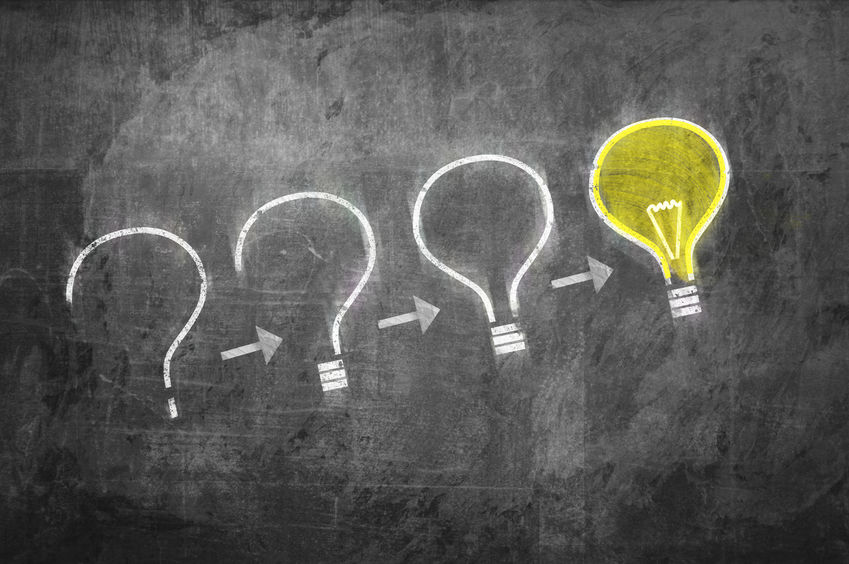A. The Ancient Predator
What the villagers didn't know was that a massive male crocodile—an eighteen-foot monster the locals called "Ghost"—had been tracking Hasan for weeks. This ancient predator, scarred from decades of battles, had developed a taste for human flesh after a severe drought pushed it from its natural hunting grounds.
The morning began like any other. Dawn mist clung to the water's surface as Hasan pushed his wooden canoe into the river. His teenage son, Jabari, watched from shore, absorbing his father's every movement, hoping to inherit his seemingly magical protection.
"Today I will show you the secret fishing spot," Hasan called back. "Where the water spirits deliver the largest catfish!"
B. The Attack
The attack happened with terrifying speed. One moment, Hasan was casting his net into the still water. The next, the surface exploded as Ghost erupted upward, massive jaws clamping around Hasan's torso with bone-crushing force.
"FATHER!" Jabari screamed from shore.
The death roll began—that ancient, horrifying crocodile technique where the predator spins underwater, tearing flesh from bone. The water churned crimson. Hasan's screams became gurgling bubbles.
Then, astonishingly, Hasan's arm shot up from the chaos. In his hand was his fishing knife, plunging repeatedly into the crocodile's eye socket. Ghost released its grip just enough for Hasan to break free, leaving a trail of blood as he desperately swam toward shore.
C. The Reckoning
Two weeks later, feverish and missing his right leg, Hasan called his son to his bedside.
"The village elder says you survived because of your special protection," Jabari whispered.
Hasan laughed bitterly. "There is no protection. Only facts I ignored."
He revealed the truth: for years, he'd collected data on crocodile attacks—times, locations, water conditions. He had survived by using patterns, not magic. But pride made him ignore his own findings.
"I knew large crocodiles hunt at dawn in shallow waters during the dry season. I knew they target isolated fishermen. I chose to fish alone at dawn in the shallows during the driest month in thirty years."
The Instincts We Face
- The Gap Instinct: The villagers saw themselves as possessing spiritual wisdom about crocodiles that outsiders lacked. In reality, understanding crocodile behavior is universal knowledge available to anyone studying the evidence.
- The Negativity Instinct: Despite thirty years of relatively safe fishing, a single brutal attack convinced the village all fishing was now deadly, ignoring that attack patterns remained consistent and predictable.
- The Straight Line Instinct: After three attacks in one month, villagers believed attacks would continue increasing forever, failing to connect the surge to seasonal drought conditions that would eventually end.
- The Fear Instinct: The gruesome nature of crocodile attacks—the death roll, the blood-curdling screams—overshadowed the fact that malaria killed fifty times more villagers annually.
- The Size Instinct: The eighteen-foot length of Ghost became twenty-five feet in retelling, and its bite force multiplied in stories, distorting risk assessment.
- The Generalization Instinct: Because Ghost attacked Hasan, supposedly the most knowledgeable fisherman, villagers concluded no one was safe, ignoring the specific circumstances that led to his attack.
- The Destiny Instinct: "The river has always taken lives," elders pronounced, dismissing evidence that simple behavioral changes dramatically reduced attack risk.
- The Single Perspective Instinct: Villagers viewed crocodile attacks solely through a spiritual lens, ignoring biological and environmental factors that actually predicted attack patterns.
- The Blame Instinct: Many blamed Hasan for "angering the river spirits," rather than examining the drought conditions and fishing practices that increased risk.
- The Urgency Instinct: Fear drove immediate, extreme responses—abandoning fishing entirely—rather than measured adaptations based on attack pattern data.
The Transformation
Hasan recovered and became the village's first "Crocodile Data Keeper." Using simple observations, the village reduced attacks to zero over the next three years. They didn't need magic or outside help—just careful attention to factual patterns.
When I evaluated my own susceptibility to these instincts, I scored 8 out of 10. These aren't just other people's problems—they're hardwired human tendencies we all must recognize.
The crocodiles don't care about our beliefs or fears—they operate on instinct and opportunity. Only by seeing the world as it truly is, rather than through our distorting instincts, can we navigate its dangers.
The greatest protection isn't supernatural—it’s factual.
